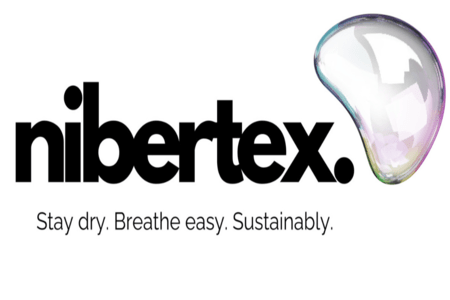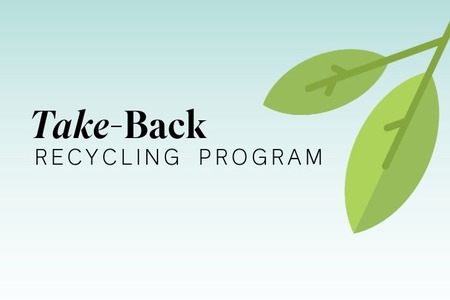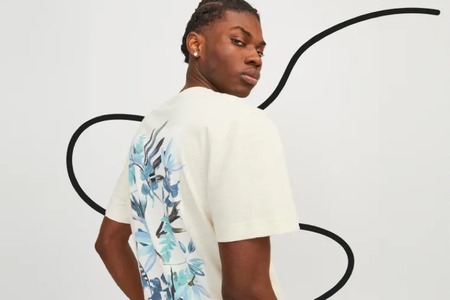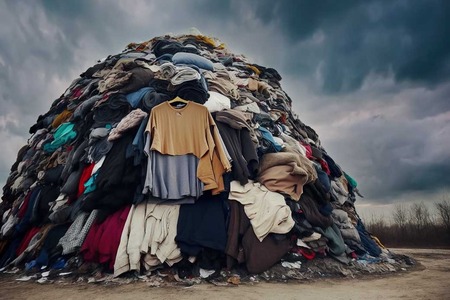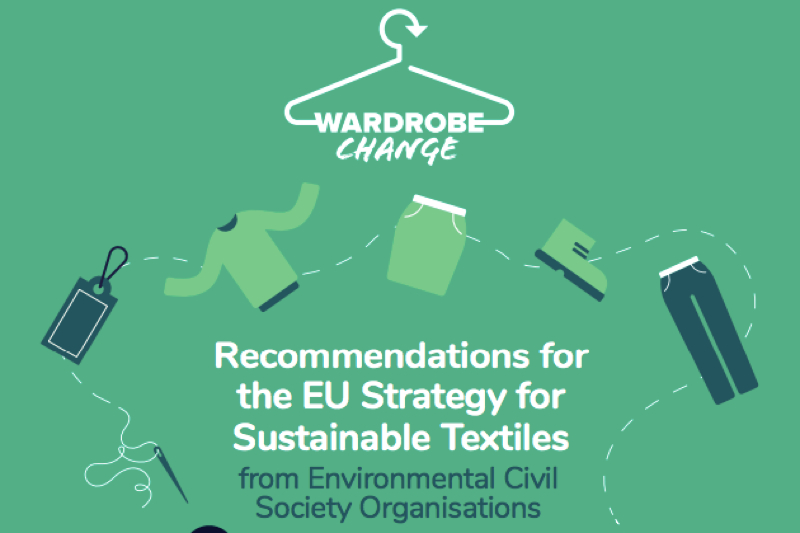
European NGOs urge the EU to take action against fast fashion
YarnsandFibers News Bureau 2021-06-16 11:03:26 – United KingdomA new campaign has been launched by a coalition of 25 European NGOs calling for an end to fast fashion in the textile sector, which is one of the world's most polluting industries. RREUSE, the Plastic Soup Foundation, the Environmental Coalition on Standards (ECOS), and Future in Our Hands have gathered to call on governments across Europe to act quickly.
The organizations are pushing for new legislation to limit textile overproduction as part of the Wardrobe Change campaign. Minimum standards for how long garments should last, a ban on the disposal of unsold and returned items, regulations to check and validate green claims, and ambitious objectives for a decrease in the number of natural resources consumed throughout the globe are among the proposed measures.
The organization is also pushing for immediate rules on hazardous chemicals in the garment industry, as well as measures to fight environmental damages that include labor rights abuses in supply chains.
Despite a slew of sustainability initiatives from big fashion companies and stores, apparel and textile manufacturing continues to rise. The European Commission is presently seeking input from business and civil society organizations in order to propose new legislation before the end of the year.
Policy Officer for Textiles at the European Environmental Bureau (EEB), Emily Macintosh, said they can't expect people to do their part in the fight for sustainability if the multibillion-dollar corporations that promote unsustainable consumption patterns aren't held accountable. The goal of EU legislation should be to reduce the number of resources consumed in supply chains while also expanding the market for secondhand and repairable textiles. The linear and exploitative economic model of fast fashion must be phased out.
Program Manager at ECOS – Environmental Coalition on Standards, Valeria Botta, said the EU has the power to change the way textiles are designed, making them more sustainable by default. Our garments must last longer, be easier to repair and reuse, and be free of hazardous materials and chemicals. They need bold EU rules that set minimum criteria, push the market toward the best choice, and include aggressive binding objectives for material and consumption footprints to ensure textiles and their production are genuinely circular. The EU should seize this chance to finally control this sector and set an example for others.
Market Intelligence
Ask for free sample Report

experience
Customer Base
dedicated team
Countries Served Worldwide



